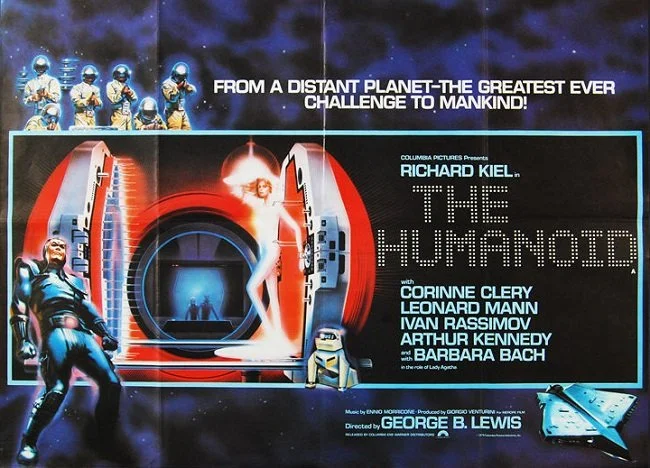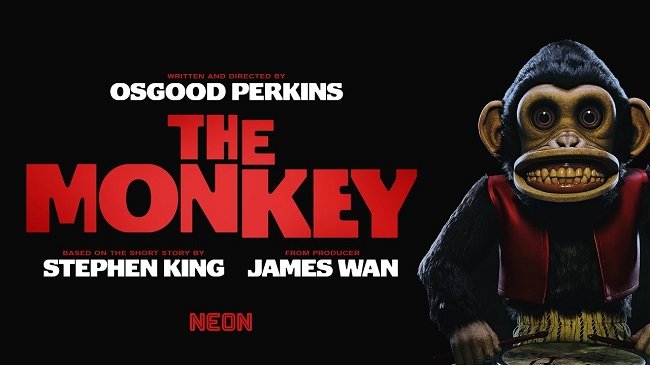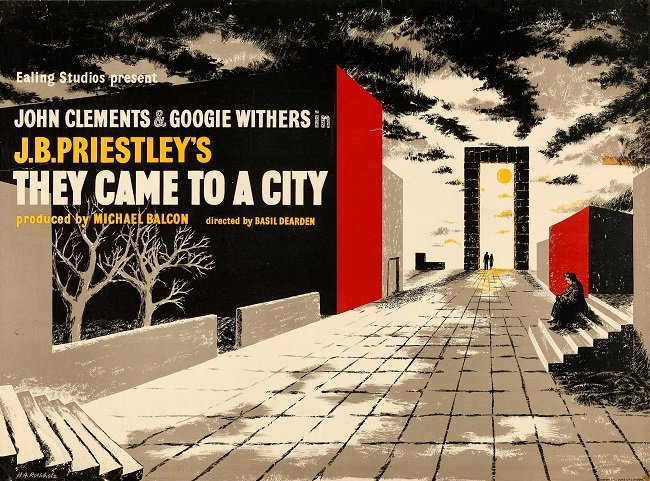The Tree of Life (2011)
Having missed the film on its original theatrical release, I recently saw The Tree of Life as part of a retrospective of the director’s work. Contrary to what some may expect, I am not going to lambast Terrence Malick’s existential reverie. Frankly I applaud the fact that he has endeavoured to do something very different and more importantly very personal. Furthermore, the movie continues to polarise the wider cinematic community, which pleases me greatly. Sometimes there's nothing worse for contemporary cinema than popular consensus. The film certainly elicits an emotional response from viewers, often leading to a debate of the movies respective merits. Yet I consider this to be a good thing, compared to the overall indifference I often feel these days towards an increasing infantilised medium.
Did I enjoy The Tree of Life? No. Did I find myself in accordance with Mr Malick's sentiments, themes and ideas? No. But there again as they are somewhat nebulous, who is to say that I accurately ascertained them. I may well have ended up basing my opinion on my own assumptions and potential prejudices. To be honest, I found myself increasingly more interested in the reaction of other members of the audience as the film unfolded. Being broadly agnostic on matters of faith and spirituality, I was not strongly engaged by the director’s vision. For me the great virtue of the film is the debate that it generates. It raises far more questions than it answers. Something that has been lacking in contemporary cinema for a while.
Narrative cinema is only one approach to film making. Malick certainly does not travel from A to B in a straight line. In fact, he may not be travelling between two points at all. Some may argue that you need to engage your brain to appreciate this film. Others state the opposite and that you simply allow it to lead you through a personal emotional experience. Bear this in mind if and when you see The Tree of Life. If you are still not sure as to whether this film is for you, then consider the following press release that succinctly summarises the proceedings.
From Terrence Malick, the acclaimed director of such classic films as Badlands, Days of Heaven and The Thin Red Line, The Tree of Life is the impressionistic story of a Midwestern family in the 1950s. The film follows the life journey of the eldest son, Jack, through the innocence of childhood to his disillusioned adult years as he tries to reconcile a complicated relationship with his father (Brad Pitt). Jack (played as an adult by Sean Penn) finds himself a lost soul in the modern world, seeking answers to the origins and meaning of life while questioning the existence of faith. Through Malick’s signature imagery, we see how both brute nature and spiritual grace shape not only our lives as individuals and families, but all life.
Filled with religious imagery, philosophical musings over the creation, the birth of morality and visions of the afterlife, The Tree of Life sprawls over a two hour plus running time and pursues its themes in a very erratic fashion. The performances from Sean penn and especially the child actors are strong, although I felt Brad Pitt was somewhat lost in the proceedings. There is also a curious sound design that reflects the enigmatic nature of the film. Some of the imagery will stick with the viewer but the CGI dinosaur section was ill advised. Not because of its technical quality (which is fine) but because of the point it strives to make. Curiously enough, some of the other special effects sequences are filmed using more traditional practical effects. Supervised by Douglas Trumbull, these are somewhat reminiscent in style of Kubrick's 2001: A Space Odyssey, although that is where the similarity ends.
The rampant commercialisation of cinema, particularly in the last thirty years, has certainly reduced the public’s perception of what cinema is and what it can do, down to a very basic level. Expectations are set low and when someone dares to do something different, then it really does throw a spanner in the works. Terence Malick has created something contrary to the current game plan. Admittedly his artistic status affords him an opportunity to do so. It would not be as easy to for a fledgling director to secure the backing of a studio or such a wide distribution deal, to make such a movie. But regardless of the rights or wrongs of The Tree of Life, it continues to remind both the industry and the public alike, of the notion of that cinema can still be art. It is up to you to decide if that is the case in this instance.




























